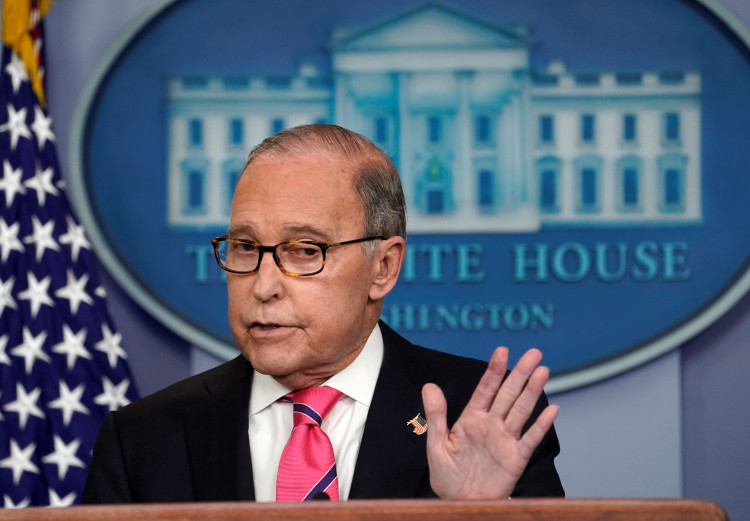China could soon begin lifting tariffs off from cars manufactured in the United States and exported to Beijing, according to White House Economic Adviser Larry Kudlow.
As the 90-day trade war ceasefire took effect on Dec. 1, China could slash the 40 percent off or go to the extent of having those tariffs "fall to zero," Kudlow told a press conference as first reported by Reuters. He added that China pledged to start lifting trade barriers immediately, both tariff and non-tariff barriers.
As mentioned, the move will cover cars manufactured in the United States, as well as agriculture products. The lifting of trade barriers may also extend to various issues like licensing, and ownership. Kudlow mentioned that trade negotiators from both nations are also close to having arrangements on the issues of intellectual property theft and transfer of technology.
Kudlow's remark was made after US President Donald Trump said on Twitter that the Asian powerhouse "agreed to reduce and remove tariffs on cars coming into China from the United States."
The US president made the tweet after a working dinner at the sidelines of the G20 summit held in Buenos Aires on Dec. 1. The 90-day trade war truce was also agreed between Chinese President Xi Jinping and Trump during the working dinner in Argentina.
Reacting about the news on slashed China auto tariffs, Wang Cun, director of the China Automobile Dealers Association, said canceling even as much as 25 percent tariff on US-manufactured vehicles would uplift the mood of the imported cars industry altogether.
Indeed, shares of automakers importing cars to China climbed after statements from Kudlow and President Trump. Of shares that have to prop up following the news were BMW and Daimler AG. On Monday, Volkswagen ASG and Daimler shares jumped 4 and 7 percent respectively.
In China, meanwhile, shares of US car dealers also reacted favorably following the news. Shares of Grand Automotive, Pangda Automobile Trade, and Sinomach Automobile jumped on the news.
Tesla, meanwhile, has yet to react on the news even if it has the most reason to celebrate about the possibility of China tariffs cut.
The carmaker, owned by billionaire Elon Musk, has been hit the hardest by the trade war that it was compelled to sell its Model X and Model S at more affordable prices in China. Specifically, the said models were to be sold at between 12 and 26 percent cheaper in China than its other markets. The move was decided upon for Tesla not to lose the Chinese market where sales of electric vehicles are expected to accelerate at a rapid pace. The Asian country has a goal of having all of its vehicles run in "green" electric.






